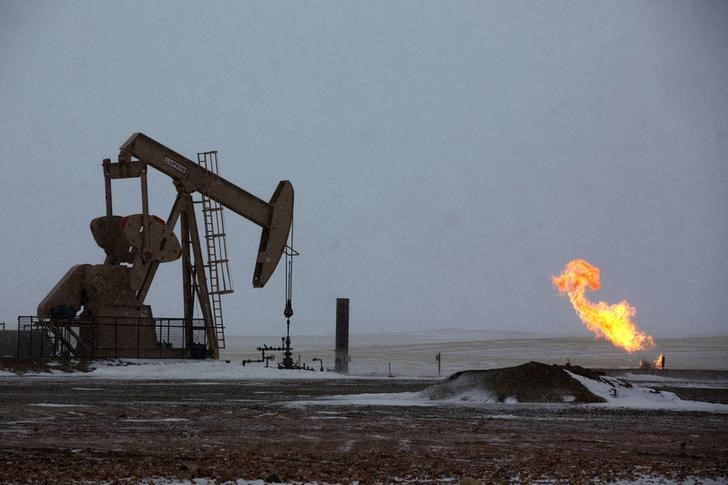By Rod Nickel
WINNIPEG, Manitoba, June 1 (Reuters) - The Western Canadian
province of Saskatchewan, hit hard by weak crude oil and potash
prices, expects a C$434 million ($331.68 million) deficit in
2016-17, the government said on Wednesday as it released the
year's budget.
Premier Brad Wall's right-leaning Saskatchewan Party
government plans to spend C$14.5 billion on revenue of C$14
billion in Canada's biggest canola- and wheat-growing province.
Both figures are up 1 percent for the year that began April 1.
"There are years when unforeseen events - drops in the price
of oil or potash, or costly natural disasters - make it prudent
to run a manageable deficit rather than implement severe cuts to
programs and services or increase the tax burden," Finance
Minister Kevin Doherty said in a statement. "This is one of
those years."
For fiscal 2015-16, which ended March 31, Saskatchewan ran a
C$427 million deficit, its first in two decades. The Sask Party
government plans to return to a surplus in 2017-18.
Wall, the province's charismatic premier since 2007, led his
Sask Party to its third straight election victory in April.
Saskatchewan's real gross domestic product will grow 0.4
percent in 2016, the third-slowest among the 10 provinces, due
to its ties to the slumping energy sector, according to a TD
Economics forecast in April.
Saskatchewan estimated the price of West Texas Intermediate
oil would average $40.50 per barrel in 2016, down from $48.79
last year. Production is expected to fall 7 percent to 164.5
million barrels, the government said.
The province forecast average potash prices of $205.10 per
tonne in 2016, down sharply from $274.85 last year. Production
is likely to be flat, it added.
Saskatchewan is working on revising its complex potash
royalty formula by the end of 2016. The province is the home of
Potash Corp of Saskatchewan POT.TO . Rivals Mosaic Co MOS.N
and Agrium Inc AGU.TO also operate potash mines there.
Revenue from non-renewable resources, which includes oil and
potash, is forecast to fall 19 percent in 2016/17 to C$1.5
billion, the lowest in 13 years.
Saskatchewan, with a population 1.1 million, expects total
public debt to climb to C$14.8 billion, up C$1.2 billion, by the
end of the fiscal year on March 31, 2017.
Neighboring province Manitoba on Tuesday forecast a
C$911-million deficit for this year.
($1 = 1.3085 Canadian dollars)
